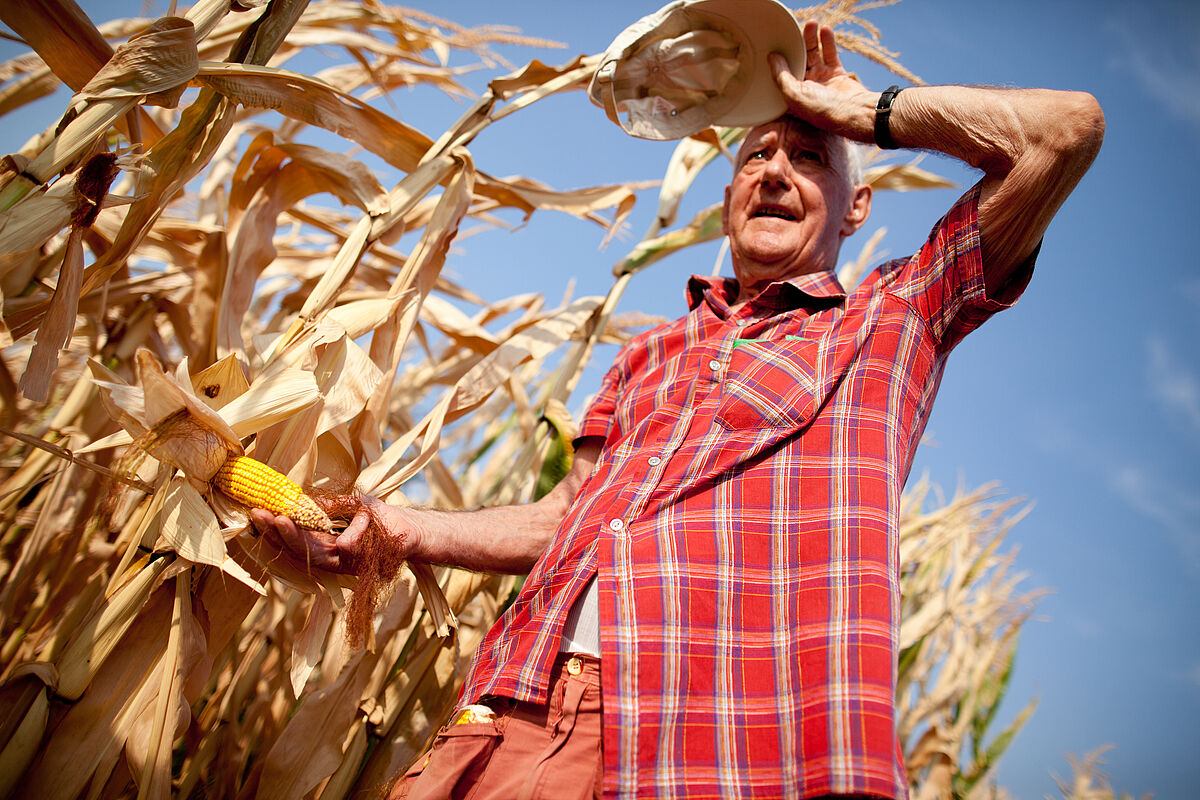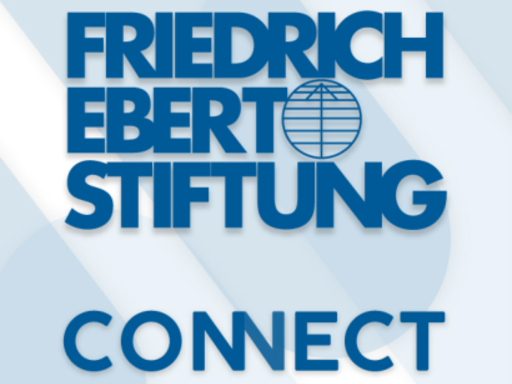Agriculture is humanity’s basis of life

“World Without Hunger” is a project by Friedrich-Ebert-Stiftung in South America that serves as a platform for socially just and environmentally sustainable reform of the agricultural sector on the continent, the new global breadbasket.
On the occasion of an exchange visit between specialists and policy makers from Germany and South America as part of the project, we talked to agronomist Sigrun Neuwerth about digitalisation and the development of new agricultural policies in Germany, Europe and Latin America.
In July, the G20 Agriculture Ministers will meet within the framework of Germany’s G20 presidency. Digitalisation is one of the most important issues, especially at the G20, at which it was taken up by the Chinese presidency in 2016. Why is new agricultural technology important?
Sigrun Neuwerth: Technological and biological development have always been driving forces in increasing agricultural production. On top of that, there is an increasing need to conserve scarce resources and, at the same time, to meet the needs of the growing world population for food and other agricultural products. Digitalisation is already making important contributions to this. Agriculture is advanced in many countries and this development will both continue and be dispersed more widely.
What kind of vision does Germany have for the future of its own agriculture, as well as of EU and global agriculture? What challenges and opportunities can be discerned?
SN: Agriculture is characterised by an abundance of tasks and functions, first and foremost food security, but also the supply of other raw materials, the maintenance and creation of jobs in rural areas, and managing the landscape and the countryside. Agriculture is humanity’s basis of life and thus is also tasked with securing peace in the world. We also face challenges in dealing with scarce resources, such as water and soil, as well as adaptation to climate change, including trying to slow it down.
Small farmers in Germany and Latin America alike face powerful competition from large multinationals. How could relations between them be established on a new footing so that they could both continue to grow?
SN: Small-scale farmers need rights guaranteed by the state for access to, among other things, land and water, as laid down in the FAO’s voluntary guidelines. Society needs small-scale farmers to supply it with food, for rural employment and for stable social structures. When that is accepted, small-scale farmers and large companies can complement one another sensibly.
Digitalisation comes along with a political challenge, it is about technology but also about legal issues, such as data ownership. What is the best level on which to tackle appropriate policy measures? Is a strong state the main guarantor of these rights? What are the roles of international and regional bodies?
SN: This issue now affects almost all areas of life and thus agriculture, too. Self-evidently, it makes most sense to discuss and agree on rules and standards for such technology at the international level. That is far from simple, however, because in some instances interests already differ considerably when it comes to the gathering and utilisation of data. A common legal framework has just been created in the European Union, so there exist uniform guidelines, at least at this level. ###
Translated from the German and adapted for format and style, the interview was first published by Nueva Sociedad. For more information on the project World Without Hunger contact FES Argentina.
About FES Connect
Connecting people, in the spirit of social democracy, we source and share content in English from the German and international network of the Friedrich-Ebert-Stiftung.







